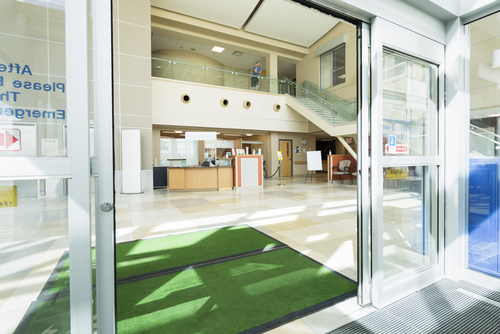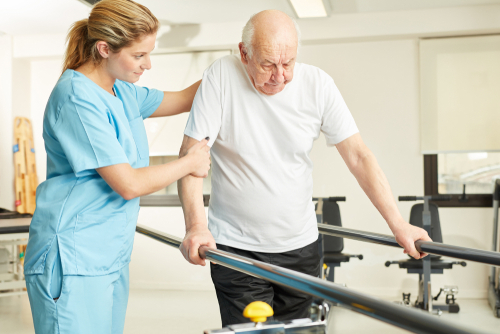Most Common Surgeries for Elderly Adults
Category:

As adults age, they may require more complex needs, including surgery. Any surgery comes with risks, but what are they? What are the riskiest surgeries for seniors? In this post, we will review the most common surgeries for elderly adults and answer other questions you may have.
Most Common Surgeries for Older Adults
The most common surgeries by age include:
- Cataract surgery. This is the most common eye surgery for seniors and lasts around 20 minutes, but healing may take several weeks. Cataracts can lead to blurred vision and eventual vision loss if left untreated. With this procedure, a physician removes the cloudy lens of an eye and replaces it with an artificial lens.
- Hip replacement surgery. This involves removing a diseased or damaged hip joint and replacing it with an artificial one. This can be common for seniors with conditions such as rheumatoid arthritis, osteoarthritis, or hip fractures.
- Gallbladder removal. This procedure may be necessary due to gallstones causing pain, infection, or other complications.
- Prostate surgery. An enlarged prostate can cause urinary issues, while prostate cancer can necessitate removal. Removing a prostate may require longer recovery time or additional treatments such as hormone or radiation therapy.
- Coronary artery bypass surgery. This improves blood flow to the heart by bypassing blocked or narrowed arteries. This procedure is common for people with serious coronary heart disease.
- Knee replacement surgery. When one has severe knee pain or mobility issues, it may be advised to undergo knee replacement surgery. This involves removing a damaged knee joint and replacing it with an artificial one. The operation can take up to two hours, and recovery time may vary.
- Ulcer Surgery. Ulcers can be cured with antibiotics to stop the stomach from making acid. However, surgery may be necessary if that does not work and the ulcer is interfering with the ability to digest food properly. With this procedure, the surgeon may suture the hole or use lasers to stop bleeding. In extreme cases, the patient might need to have part of their stomach removed.
Surgery Recovery for Older Adults
Surgery is difficult for anyone, and older adults may require some assistance. Below are a few ways you can help your loved one heal after undergoing a procedure.
- Keep the home safe. This includes removing tripping hazards to make it easier for them to get around and decrease fall risks.
- Keep them fed and hydrated. Make sure to give them food they can easily swallow and digest, depending on their surgery. Eating and drinking are vital for a speedy recovery.
- Look out for side effects. Older adults may experience side effects of surgery. Sometimes, medication can even prevent them from realizing something is a serious problem. This is why it’s vital to keep a close eye on them as often as possible.
- Attend follow-up appointments. Most surgeries require after-care. Make sure to follow the doctor’s orders.
- Take care of daily responsibilities. This includes shopping, cleaning, errands, and other day-to-day activities.
- Get outside help. If you cannot help your loved one as often as they need, you may want to consider respite care from an outside source such as Griswold.
Subscribe
Date: January 2, 2024
Category:


